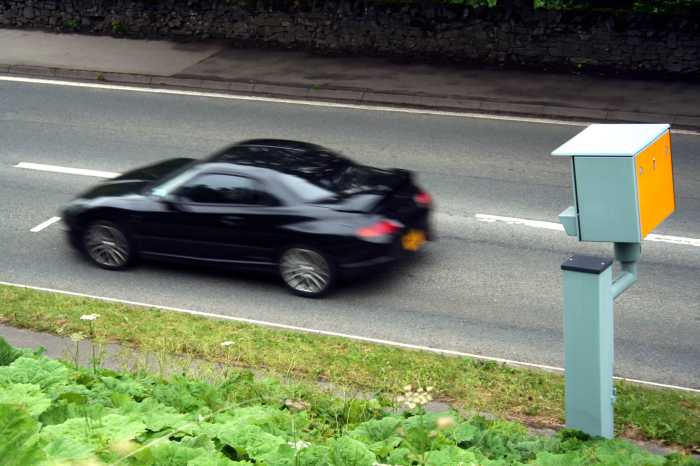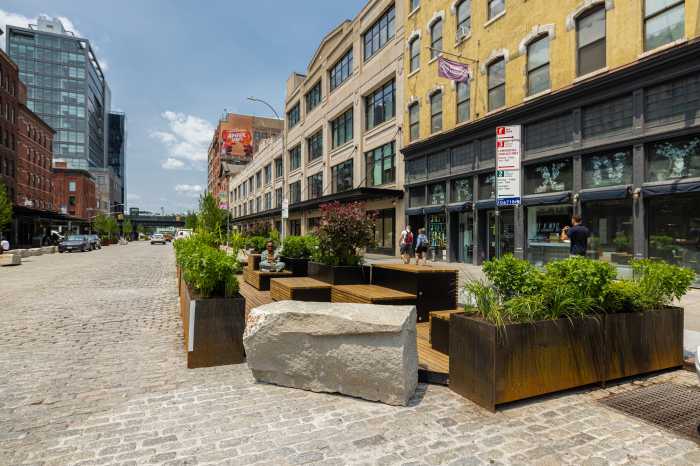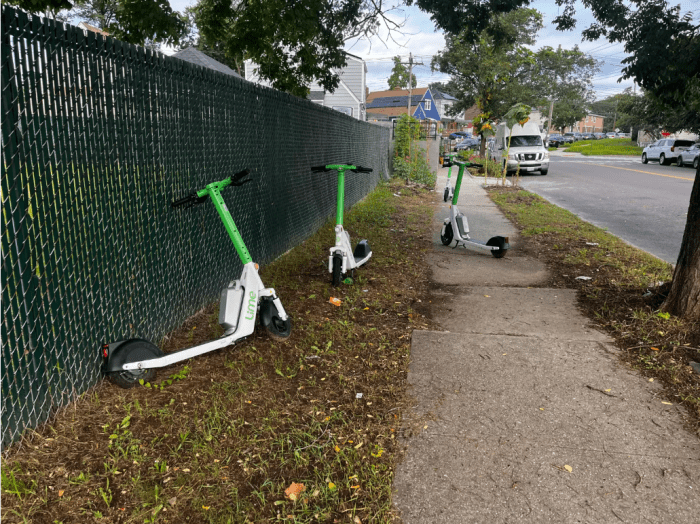
Not even the animals on Noah’s Ark received the individualized pampering and attention — including an Italian opera serenade — that today’s livestock experiences before boarding an international flight.
The ARK — a new horse and livestock export center at Kennedy Airport — played the soothing tenor of Luciano Pavarotti for seven Paladino horses from Pennsylvania as they stood in fresh bedding in roomy stalls being hydrated, relaxed and examined by a veterinarian before boarding their 11 p.m. flight to Scotland on Tuesday.
“It’s like a fine hotel,” said John Cuticelli Jr., founder of ARK. “The occupants [horses] can roll around and enjoy their bedding and stomp their feet.”
“It’s nice. It’s quiet. They are eating, drinking, laying down and rolling in their bedding which they like. We want to make sure these horses have a quiet relaxing time before they go on their journey,” said Kristen McGowan, 30, of Brooklyn, who formerly worked with horses at the North Shore Equestrian Center in Brookville.
Horses, dogs, birds even sharks pass through JFK in transit to zoos, retail stores or travels with beloved families. Recently, several sharks packed in a circular-climate control tanks from California were kept at ARK before leaving for Europe.
“All airports recognize the need to transport animals in a humane matter,” said Elizabeth Schuette, managing director of The ARK, a $65 million facility on 14 1/2 acres that can house as many as 200 horses and pets; 750 to 1,000 birds; and up to 200 smaller animals.
Recently a flock of finches and cockatoo birds from South America had a lay over at Kennedy before leaving for Europe, Cuticelli said. Birds sold in the United States must be quarantined for 30 days so their eating and behavior patterns can be examined by government inspectors.
Next month, ARK will provide quarantine quarters and veterinarian services that meet USDA and Wildlife and Fisheries requirements for animals and livestock traveling into and out of the country.
Trained animal handlers, along with government inspectors will examine the animals, checking to make sure birds do not bring harmful viruses or bacteria into the country. Horses’ hoofs will be washed of “foreign soil” and “picked clean” before stepping into the United States, Cuticelli said.
A veterinarian will be on duty to ensure that required certification and blood tests for animals to travel are in order. The ARK’s Pet Oasis, a kenneling and grooming facility, will take dogs and cats to and from airplanes to make sure they receive proper care.
Horror stories of animals left on sweltering tarmacs, or dogs let out of their carriers only to run away and never be found, and pets left unfed during long layovers make ARK an animal haven for safe travel, Schuette said.
“We make sure they go to their right destinations. They are not treated like a piece of luggage,’’ she said.
“It’s a technical business that nobody else wants,” said Cuticelli. Before ARK, the animal facility was VetPort, a small operation opened in the 1960s that had not modernized in recent years.
ARK touts state-of-the art quarantine facilities. Air is filtered with ceiling and wall surfaces that can be sanitized with peroxide cleansers needed to disinfect the living quarters of animals. The facility has to guard against zoonotic diseases — germs, viruses, bacteria, parasites and fungi that can be transmitted from animals to people. Other diseases include rabies and avian flu.
Veterinarian Dr. Linda Mittel of Cornell College of Veterinarian Medicine, said her job “is to make sure requirements and details of bio security is in good shape … that it is clean and sanitized.”
Bill Nichols, president of Alex Nichols Agency, a horse shipping company in Floral Park, started by his father in the 1960s, prepared the Paladino horses for their trans-Atlantic trip. “This facility is state of the art. It is probably the best in the country. Their hand-picked professionals carefully examine the animals to make sure they are able to fly.”





































